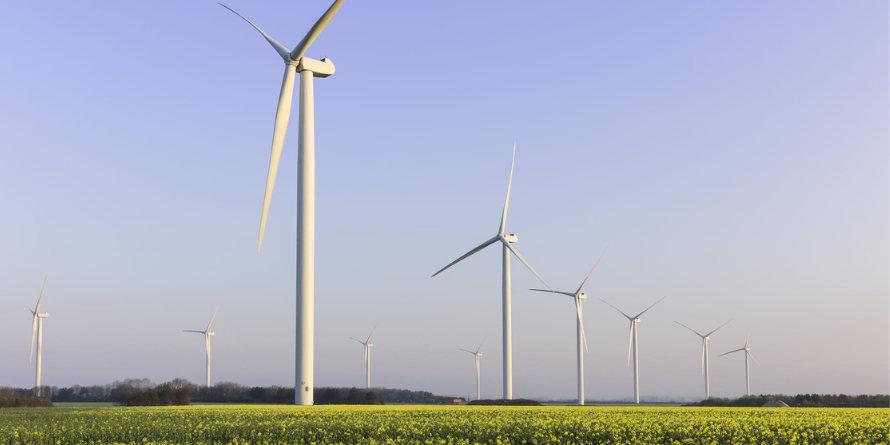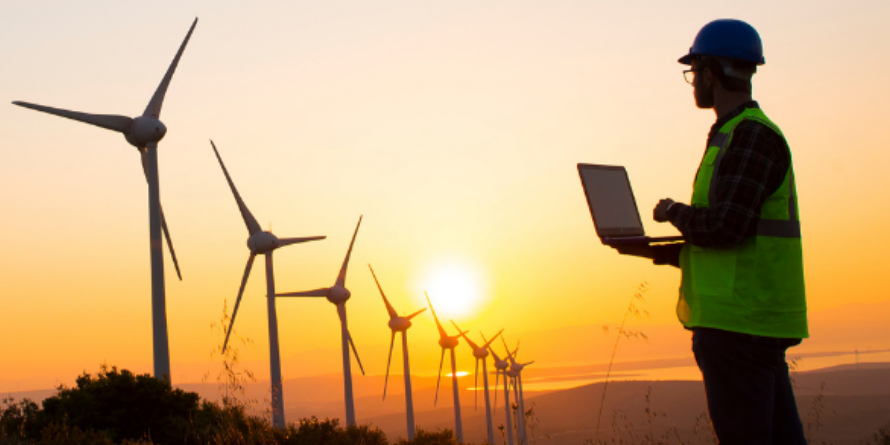Posted on: 22/12/2021
In this year’s Energy Entrepreneurs: State of the Market report, we benchmark UK independent renewable generation capacity and explore the role of energy entrepreneurs across the generation, business and transport sectors in the push to net-zero. Here are five key insights from the report, which is now available to download in full or as a quick 5-minute digest.
1.
During 2021, the UK’s renewable energy generation capacity reached 43.78GW, edging up from 43.62GW in 2020, a rise of just 0.4%.
2.
55% of the UK’s total capacity – or 24.08GW – now comes from the independent sector, accounting for 2,416 of the UK’s 2,706 renewable energy sites.
3.
The amount of additional independent generation capacity brought online fell to 86MW in 2021 from 164MW in 2020, likely due to a lag caused by the coronavirus pandemic.
4.
Independent generation capacity has increased by only 9.4% in the last four years, from 22.02GW in 2017 to 24.08GW reported in September 2021.
5.
A total of 58.34GW of generation capacity spread across 1,784 sites is in the development pipeline, including 18.65GW of offshore wind, 13.95GW of storage, 12.03GW of onshore wind, and 8.69GW of solar. The independent sector accounts for 36.09GW of capacity from 1,653 sites.
Angus Widdowson, Head of Smart Generation Sales explains in his Executive Summary of the report that every possible path to net-zero will require a huge increase in renewable generation. National Grid ESO’s latest Future Energy Scenarios Report forecasts that the UK will need between 34GW and 77GW of additional solar and wind by 2050, coupled with 13GW of further storage, and 6GW of residential flexibility. You'll see from the key insights above how our analysis has highlighted that reaching these target figures will require a significant acceleration of capacity development.
While the UK Government’s Net Zero Strategy highlighted technologies such as offshore wind and nuclear power, the independent sector still has an important role to play in deploying a range of technologies – from solar and onshore wind, through to biomass and energy from waste, along with accompanying storage capacity – if the UK is to remain on track to meet its climate change commitments.
With a greater sense of urgency around climate change and governments continuing to outline emission reduction plans, businesses also face new rules on disclosing their Green Plans, as announced by Rishi Sunak at the COP26 summit in November.
In next year's report we will continue to track the UK's developments on the journey to net-zero, using the BEIS Renewable Energy Planning Database to complete our analysis of operational renewable projects and those in the pipeline.

 United States
United States Australia
Australia






